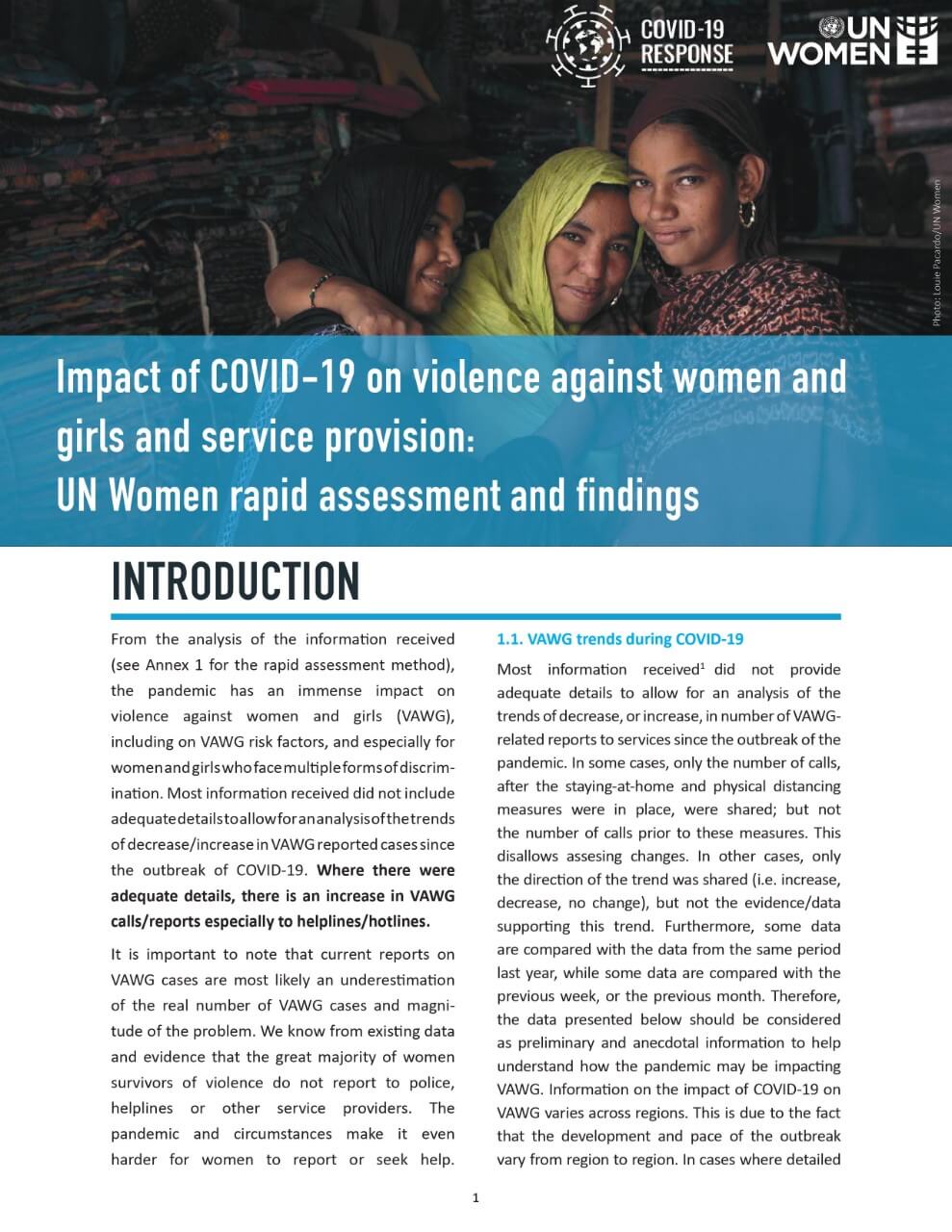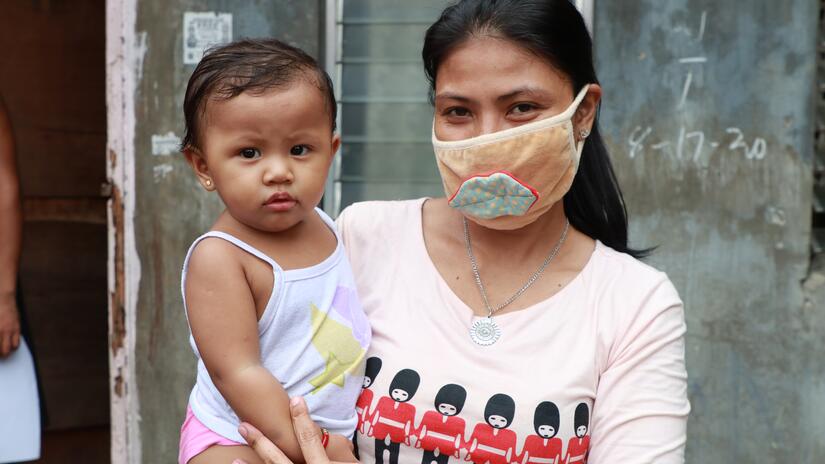Navigating Pandemic Challenges: Strategies for Resilience

The Unseen Battle: Coping with Pandemic Challenges
In the face of a global pandemic, individuals and communities are grappling with unprecedented challenges. This article explores effective strategies for coping with the various aspects of the ongoing crisis.
Understanding the Emotional Impact
The emotional toll of a pandemic is profound, affecting mental well-being on a global scale. Recognizing and understanding these emotional challenges is the first step in developing coping strategies. Anxiety, stress, and grief are prevalent emotions that require attention and support.
Prioritizing Mental Health
Amidst the chaos, prioritizing mental health becomes paramount. Establishing routines, staying connected with loved ones, and seeking professional help when needed are crucial components of maintaining mental well-being during a pandemic. It’s a collective effort to foster a supportive environment for mental health.
Practical Coping Mechanisms for Daily Life
Navigating the day-to-day challenges necessitates practical coping mechanisms. From time management and setting realistic goals to incorporating relaxation techniques, individuals can enhance their resilience. Small, consistent efforts contribute to a sense of control in an uncertain environment.
Strengthening Social Connections
While physical distancing is crucial for public health, maintaining social connections is equally important. Leveraging technology to stay connected with friends and family, participating in virtual events, and fostering a sense of community help combat isolation during these trying times.
Adapting to Remote Work Realities
For many, remote work has become the new norm. Adapting to this shift involves creating a conducive work environment, establishing boundaries between work and personal life, and embracing technological tools that enhance productivity and collaboration.
Financial Resilience and Coping Strategies
The economic impact of a pandemic can be significant. Developing financial resilience involves budgeting, exploring available resources, and seeking financial advice when necessary. Empowering individuals and communities with financial knowledge enhances their ability to weather economic uncertainties.
Health and Wellness Amidst Crisis
Prioritizing physical health is essential for overall well-being. Simple yet effective practices such as regular exercise, a balanced diet, and adequate sleep contribute to a resilient immune system. Health and wellness routines become pillars of strength during a pandemic.
Cultivating Resilience in Children
Children, too, are navigating the challenges of a pandemic. Creating a supportive environment, addressing their concerns, and maintaining routines are crucial for their emotional well-being. Open communication and reassurance play pivotal roles in helping children cope.
Coping with Uncertainty: A Call to Action
As we collectively navigate the complexities of the ongoing pandemic, it’s essential to actively implement coping strategies. Stay informed about effective coping mechanisms at Coping with Pandemic, and let us build a resilient future together.
Navigating the Mental Health Pandemic: Strategies for Resilience

Navigating the Mental Health Pandemic: Strategies for Resilience
The global landscape has experienced a profound shift, not only in physical health but also in mental well-being. The Mental Health Pandemic has emerged as a critical issue, necessitating comprehensive strategies for resilience and coping.
Understanding the Impact
The ongoing pandemic has brought about unprecedented challenges, affecting people’s mental health on a global scale. From increased stress and anxiety to the exacerbation of pre-existing mental health conditions, the impact is profound and far-reaching.
Breaking the Stigma
One positive aspect of the Mental Health Pandemic is the increased dialogue surrounding mental health issues. Breaking the stigma attached to mental health discussions is crucial for fostering an environment where individuals feel comfortable seeking help and support.
Importance of Seeking Professional Help
Acknowledging the need for professional support is a significant step in navigating the mental health challenges brought on by the pandemic. Mental health professionals play a crucial role in providing guidance, therapy, and coping strategies tailored to individual needs.
Building Resilience Through Mindfulness
Mindfulness practices have gained prominence as effective tools for building resilience. Techniques such as meditation and mindful breathing can help individuals manage stress, stay grounded, and cultivate a positive mindset amidst uncertainty.
Social Connections and Support Networks
Maintaining social connections, even in a physically distanced world, is essential for mental well-being. Utilizing technology for virtual interactions and prioritizing communication with friends and family can provide a valuable support network during challenging times.
Balancing Work and Life
Remote work and lifestyle changes have blurred the lines between professional and personal life, contributing to heightened stress. Establishing clear boundaries, maintaining a routine, and taking breaks are vital for achieving a balance that promotes mental health.
Physical Activity for Mental Well-being
Regular physical activity has proven benefits for both physical and mental health. Engaging in exercise releases endorphins, reduces stress hormones, and provides a natural avenue for improving mood and overall well-being.
Coping with Uncertainty
Uncertainty is a common thread in the fabric of the Mental Health Pandemic. Developing coping mechanisms to deal with uncertainty involves cultivating adaptability, focusing on what can be controlled, and fostering a resilient mindset.
Mental Health Pandemic: A Call to Action
Addressing the Mental Health Pandemic requires collective action. Governments, organizations, and individuals must prioritize mental health resources, support systems, and destigmatize seeking help. Together, we can foster a global environment that values and protects mental well-being.
The Path Forward – Mental Health Pandemic
Visit The Healthy Consumer to explore comprehensive resources and support for navigating the Mental Health Pandemic. Empower yourself with knowledge, connect with professionals, and discover strategies to foster resilience in these challenging times. Remember, you are not alone in this journey, and seeking help is a sign of strength.
Assessing Pandemic Impact: Navigating Challenges and Strategies

Assessing Pandemic Impact: Navigating Challenges and Strategies
The profound effects of the pandemic require a thorough Pandemic Impact Assessment. This article explores the multifaceted challenges businesses and individuals face and strategies to navigate the evolving landscape.
Understanding the Broad Spectrum of Impact
Pandemic impact spans a broad spectrum, affecting various aspects of life and business. From health crises and economic downturns to shifts in social dynamics, understanding the multifaceted impact is the first step in formulating effective strategies for recovery and resilience.
Evaluating Economic Disruptions and Financial Strains
One of the primary areas of impact is economic disruptions leading to financial strains. Businesses faced closures, layoffs, and revenue loss, while individuals grappled with job uncertainties and financial instability. Assessing the economic impact is crucial for devising strategies that promote financial recovery and stability.
Challenges in Supply Chains and Logistics
Global supply chains and logistics faced unprecedented challenges during the pandemic. Disruptions in transportation, border closures, and fluctuations in demand created obstacles for businesses reliant on smooth supply chain operations. Evaluating the impact on supply chains helps businesses develop resilience and adaptability.
Adapting to Remote Work and Digital Transformation
The shift to remote work became a necessity for many organizations. Digital transformation accelerated, presenting both opportunities and challenges. Assessing the impact of remote work on productivity, employee well-being, and technological infrastructure allows businesses to optimize their digital strategies.
Addressing Mental Health and Well-being Concerns
Pandemic-related stressors took a toll on mental health and well-being. Individuals and organizations need to assess the impact on mental health, recognizing the importance of support systems, access to resources, and workplace initiatives that prioritize well-being.
Education and Learning Challenges
The education sector faced disruptions, with students and educators adapting to remote learning. Assessing the impact on education involves understanding challenges in access, technology, and the overall learning experience. Strategies to bridge these gaps are crucial for building a resilient education system.
Healthcare Systems Evaluation
The pandemic placed immense pressure on healthcare systems worldwide. Assessing the impact on healthcare involves evaluating the strain on resources, the effectiveness of response strategies, and the need for long-term improvements in healthcare infrastructure and preparedness.
Crisis Communication and Reputation Management
Effective crisis communication is paramount in managing the impact on reputation. Organizations need to assess how well they communicated with stakeholders, addressed concerns, and maintained transparency. Learning from these assessments strengthens crisis communication strategies.
Building Resilience Through Innovation
Innovation becomes a key strategy in navigating pandemic impact. Assessing the impact on innovation involves evaluating how organizations adapted, embraced new technologies, and fostered a culture of creativity. Building resilience through innovation ensures adaptability in the face of future challenges.
Strategies for Recovery and Future Preparedness
A comprehensive Pandemic Impact Assessment sets the stage for recovery and future preparedness. Businesses and individuals can develop strategies based on these assessments, focusing on building resilience, implementing lessons learned, and creating a foundation for a more sustainable and prepared future.
Visit The Healthy Consumer for in-depth resources and insights on assessing and navigating the impact of the pandemic. Together, let’s build a resilient future.






